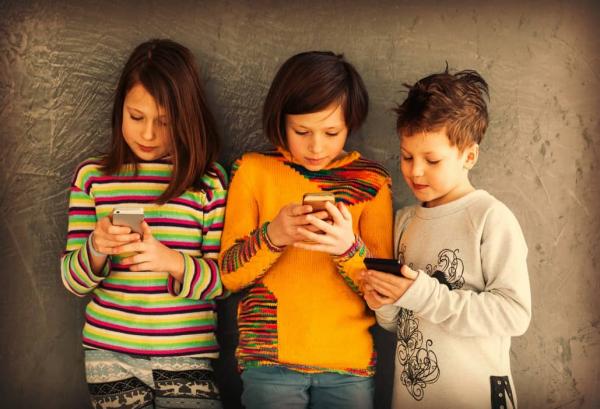
Two of Apple Inc.'s major investors are vying for change within the organization. California State Teachers' Retirement System (Calstrs) and Jana Partners want Apple to start paying a little more attention to the addictive nature of their phones. They recently composed an open letter to Apple, asking them to make an increased effort to fight smartphone addiction amongst younger users.
The two entities hold about two billion dollars-worth of shares in Apple. Apple itself is worth about 900 billion dollars.
What the research says
Calstrs and Jana cite plenty of evidence in the letter to support their position.
"Research shows that U.S. teenagers who spend three hours a day or more on electronic devices are 35 percent more likely, and those who spend five hours or more are 71 percent more likely, to have a risk factor for suicide than those who spend less than one hour," the letter says.
CNN Money published an informative video on the subject, in which Dr. Hilarie Cash, founder of Restart, said that "the regions of the brain that light up when engaged in your smartphone ... are the same regions of the brain that are engaged when you're using drugs and alcohol."
That's a startling fact, because while drugs and alcohol are somewhat regulated, smartphone technology has become a crucial part of everyday life. It's how we communicate, check the weather, get our news and a hundred other tasks.
And unlike drugs and alcohol, there is no legal smart phone age. The fact that "the average American teenager who uses a smart phone receives her first phone at age 10 and spends over 4.5 hours a day on it (excluding texting and talking)" is a harrowing statistic when we consider the amount of power those devices have.
Additionally, Common Sense Media conducted a poll back in 2016 with even more harrowing facts. Researchers asked parents if they felt that their teenage children were addicted to their mobile devices; 56 percent of parents said yes.
Researchers also asked the teenagers if they themselves felt addicted to their devices; 50 percent said yes.
The conversation
It's interesting that the pressure for Apple to address the smart phone addiction issue comes from their own investors. What investor doesn't want consumers addicted to their investment? But contrary to what we might think, Calstrs and Jana say that giving parents more control over their kids' smart phone experience will pay off for Apple in the long run.
"Doing so poses no threat to Apple, given that this is a software (not hardware) issue and that, unlike many other technology companies, Apple's business model is not predicated on excessive use of your products. In fact, we believe addressing this issue now by offering parents more tools and choices could enhance Apple's business and increase demand for its products," the letter states.
But Calstrs and Jana aren't the only ones talking about this issue. Following their letter, one of the very co-creators of the iPod and iPhone, Tony Fadell, spoke up via Twitter:
In his Twitter thread he also expanded the scope of the issue, saying that "Adults are addicts - not only kids! & Google needs to help!"
The Common Sense Media poll confirmed that statement as well. When parents were asked if they were addicted to their devices, 27 percent said yes. That's definitely a step down from 50 percent of teens, but it's still more than one in four adults.
Be aware and make decisions
When it comes to you and your family, you're the best expert. Let's have the perspective to look up from our phones, take a step back and analyze our online consumption. From there, make decisions and set boundaries.
Ironically enough, a simple Google search can give you plenty of ideas on how to step back from your phone. And who knows, soon enough we might see Calstrs and Jana's efforts develop into real change, spearheaded by Apple.
What do you think? How are smart phones affecting your family dynamic? Let us know in the comments.

